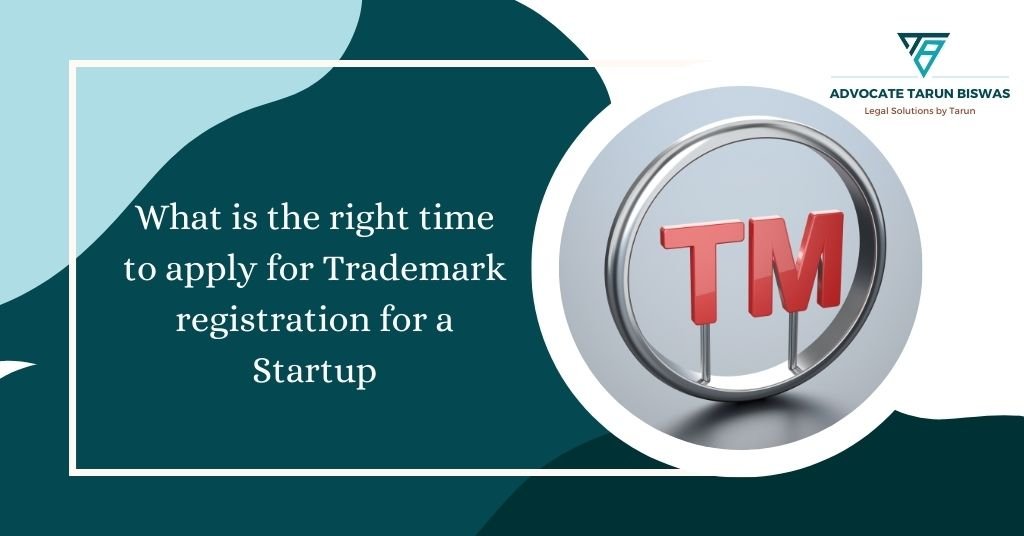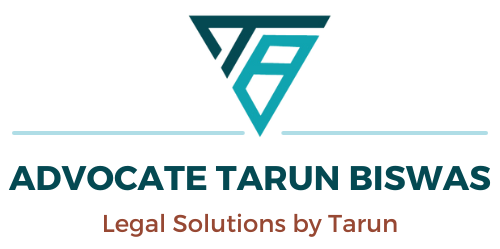
In the context of Indian entrepreneurship, the protection of intellectual property rights is essential for startups aiming to establish a distinctive market position. Trademark registration is particularly crucial, as it protects a startup’s brand identity and supports long-term growth. Understanding when to apply for Trademark registration is a key factor that can significantly impact a startup’s development, providing legal safeguards and competitive advantages from the beginning.
This article examines the optimal timing for trademark registration, emphasizes its significance at various stages of business development, and discusses the potential financial implications of neglecting this important step.
The timing of trademark registration is a critical consideration for startups. It is advisable to initiate the registration process as early as possible, ideally during the business planning stage or shortly after the company’s formation. This proactive approach ensures that the chosen brand name, logo, or other distinctive marks are protected from the outset, preventing potential conflicts or infringement issues in the future.
Financial considerations also play a significant role in determining when to apply for trademark registration. While there are costs associated with the registration process, these are typically outweighed by the potential losses that could result from trademark infringement or the need to rebrand due to conflicts with existing trademarks. Early registration can thus be viewed as a cost-effective measure to safeguard the startup’s brand value and future revenue streams.
It is important to note that trademark rights in India are generally based on use, with registration providing additional benefits and presumption of ownership. However, filing for registration as soon as possible, even before actual use, can secure the startup’s rights to the mark and prevent others from registering similar marks.
Importance of TM Registration at Different Stages of Business Growth
Securing a trademark through Trademark registration is not a one-time task but a strategic move that holds varying levels of importance as a startup progresses through different growth phases in India.
- Early Stage: Establishing Brand Identity
In the nascent stages, a startup is focused on building its brand identity. Applying for Trademark registration at this juncture ensures that the unique elements of the brand—such as the name, logo, or slogan—are legally protected under the Trade Marks Act, 1999.
This protection deters competitors from using similar marks, thereby preventing brand confusion in the marketplace.
- Growth Stage: Expanding Market Reach
As the startup scales and enters new markets, both domestically and internationally, Trademark registration becomes vital in safeguarding the brand across different jurisdictions. This proactive approach mitigates the risk of infringement and paves the way for smoother expansion.
In the case of Tata Sons Ltd. vs. Greenpeace International (2016), the Delhi High Court upheld the importance of trademark protection in maintaining brand integrity during international disputes, underscoring the need for comprehensive trademark strategies during expansion.
- Maturity Stage: Enhancing Brand Equity
At the maturity stage, the brand has established significant equity and recognition. Applying for Trademark registration ensures continued protection against dilution and unauthorized use. It also facilitates licensing and franchising opportunities, contributing to sustained revenue streams.
According to the Controller General of Patents, Designs & Trade Marks, over 30% of trademark disputes involve established brands where early registration could have prevented costly legal battles.
- Rebranding or Diversification: Protecting New Ventures:
When a startup decides to rebrand or diversify its product offerings, registering new trademarks becomes essential. This ensures that the new brand elements are distinct and legally protected, avoiding potential conflicts with existing trademarks.
Costs of Not Securing Trademark Registration
Neglecting to apply for Trademark registration can expose startups in India to significant financial and legal repercussions. The absence of a registered trademark leaves the startup vulnerable to brand infringement, dilution, and costly legal disputes, which can impede growth and erode market trust.
- Legal Disputes and Litigation Costs
Without a registered trademark, startups have limited legal recourse in the event of infringement. Engaging in litigation to defend an unregistered brand can be prohibitively expensive and time-consuming. For instance, trademark infringement cases in Indian courts can lead to substantial legal fees, damages, and injunctions, diverting resources away from core business operations.
Under the Trade Marks Act, 1999, Section 29 provides remedies for trademark infringement, including damages and accounts of profits. However, these remedies are more readily enforceable for registered trademarks, making Trademark registration a cost-effective preventive measure.
- Brand Dilution and Loss of Market Share
The lack of trademark protection can result in brand dilution, where similar marks by competitors confuse consumers, weakening the startup’s brand identity. This confusion can lead to loss of customer loyalty and a decrease in market share, ultimately affecting revenue streams.
According to the Office of the Controller General of Patents, Designs & Trade Marks, there has been a 15% increase in trademark disputes among startups over the past three years, highlighting the growing risks associated with unprotected brands.
- Rebranding Expenses
If a startup is forced to change its brand name or logo due to infringement issues, the costs associated with rebranding can be substantial. These include redesigning marketing materials, updating digital assets, and re-establishing brand recognition in the market.
In Balmer Industries vs. XYZ Pvt. Ltd. (2022), the Delhi High Court mandated the infringing party to cease using the contested mark, compelling the startup to undergo costly rebranding efforts to regain its market position.
- Loss of Licensing and Partnership Opportunities
A registered trademark enhances a startup’s credibility, making it more attractive to potential licensors and partners. Without trademark protection, startups may miss out on lucrative licensing deals and strategic partnerships, limiting their growth potential.
- Increased Operational Risks
Operating without a registered trademark increases the risk of encountering counterfeit products and unauthorized use of the brand, which can tarnish the startup’s reputation and erode consumer trust.
Conclusion
In the highly competitive environment of Indian startups, the importance of applying for Trademark registration cannot be overemphasized.
When to apply for Trademark registration is a critical consideration for startups. It is advisable to initiate this process as early as possible in the business lifecycle. By securing a trademark at an early stage, startups protect themselves from potential infringement issues, maintain the uniqueness of their brand identity, and enhance their credibility with both investors and consumers.
Why Choose Advocate Tarun Biswas for Trademark Registration Services
Advocate Tarun Biswas stands as the preeminent choice for startups seeking trademark registration services in India. Our extensive expertise in the Trade Marks Act, 1999, coupled with a deep understanding of intellectual property law and the startup ecosystem, enables us to provide tailored legal solutions that address the specific needs of each client. We employ a strategic approach to meticulously manage every aspect of the trademark application process, thereby reducing the likelihood of refusals and accelerating registration timelines.
By engaging Advocate Tarun Biswas, startups secure not only expert legal representation but also a dedicated ally in their pursuit of building a resilient and recognizable brand.
